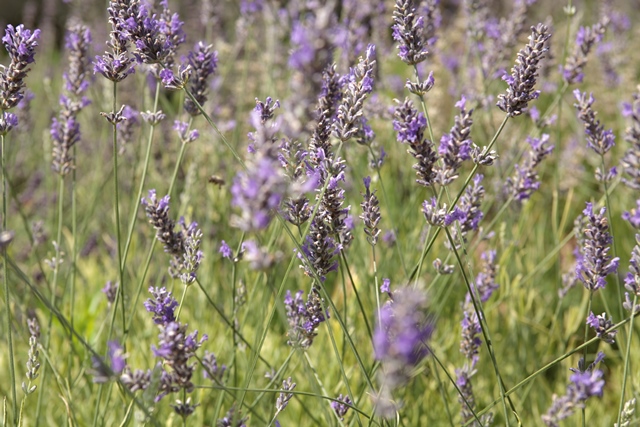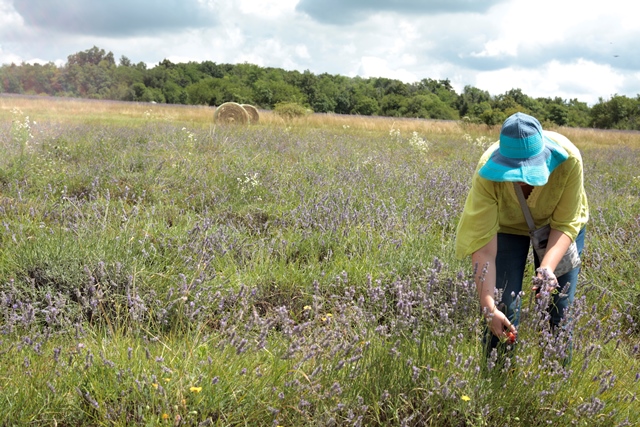When we talk about Lavender, the first thing to understand is which Lavender we are talking about. Anyone who has smelled different plants or different essential oils extracted from Lavender knows that there are many differences between one and the other, and if we want to make a detailed discussion we will take into account many aspects, including where the plant came from, how it was grown, how it was extracted, etc.
Having said that, the plants of the genus Lavandula have some common traits, which can be recognised in hybrids (e.g. ‘Lavandin’) as well as in Lavanda angustifolia and others.

I started thinking about this plant years ago, when people started talking about it more and more, growing it more, and producing more essential oil from it. Nowadays there are many small farmers who distil this essence, and you can appreciate different olfactory qualities in plants grown in different places in Italy and around the world.
This sort of ‘Lavender tide’ that has gradually come in, made me wonder what the characteristics of the plant and the essence might be, such that it has had such good luck. Considered to be soothing and anti-inflammatory, it can certainly be appreciated for its relaxing qualities, although in my opinion these are not the only ones that have made Lavender such a popular plant.
Lavender is actually a plant that also has a pungent olfactory profile, especially Lavandula spica, and it’s not as soft as you might think when you see the pretty purple flowers growing in a spike.
When we have smelled it in groups during courses, we have often felt a higher, more peaceful state of consciousness “opening up”, supporting people to find a plane of sharing and peace.
In some cases where I have been present at times of conflict, being able to get those present to smell this essence has immediately changed the ‘colour’ of the environment and brought people to a less individual and more sharing plane.

From my point of view, the type of Lavender to be preferred in these cases is the Angustifolia, which generally has a more subtle and sweet olfactory profile; but having said that, perception is subjective and therefore everyone will be able to choose the Lavender that inspires them most. True Lavenders are more ethereal, suave, and support people in finding a broader perspective on things in life, starting from a more peaceful, less judgmental, and more inclined to find meaning in events.
I have often used Lavender essential oil to help people, even in a group context, to let them open to their intuition, loosen up some of their mental patterns, and try to look at others and themselves from a broader, less individual perspective. In this way, insights, new points of view, real ‘insights’ often emerge. When we let go of the mind’s grip, unexpected resources emerge, and one of the tasks of the subtle aromatherapist is to facilitate this shift from a schematic mind to an intuitive mind that finds new ways, new solutions and new resources.
This new mind is connected to the deepest and most interconnected part of us, and can find resources and solutions in any situation. Lavender is a facilitator of this transition, giving relaxation, calming anxiety, and reducing this internal ‘noise’, making room for a voice that is deeper, more intense and more decisive, but to which we do not usually give space and credibility.
